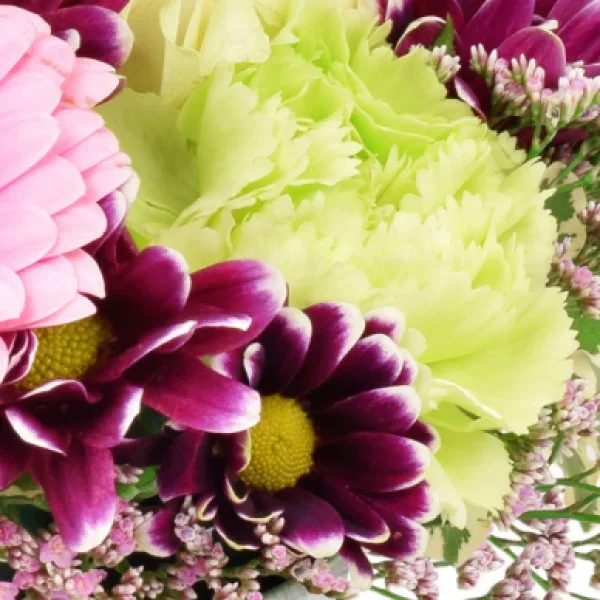Author: Peter Karper

Frequently asked questions about carnations
Carnations (Dianthus) are versatile and fascinating. Here are some frequently asked questions:
Which carnation species are particularly popular?
Popular species are Dianthus barbatus (bearded carnation), Dianthus plumarius (feather carnation), Dianthus gratianopolitanus, and Dianthus deltoides (heather carnation). The Chinese carnation (Dianthus chinensis) is also widespread.What is the best way to care for carnations?
Regular watering and fertilising are important. Make sure to remove wilted flowers to encourage new growth. Use clove oil occasionally for healthy care.Can cloves be used as a spice?
No, cloves (Syzygium aromaticum) are used in the kitchen and have nothing to do with the flowers of the clove plant. The eugenol they contain gives these cloves their typical flavour.Are cloves suitable as an ornamental plant?
Yes, cloves are popular ornamental plants in gardens. They can be planted individually or together in inflorescences.What are the botanical common names of carnations?
Some well-known common names are garden carnations and bearded carnations.How do carnations propagate?
Carnations can be easily propagated by cuttings. The plants have tap roots and can also be propagated by rhizomes.Are carnations perennial or biennial?
Carnations can be both perennial and biennial, depending on the species and variety.What does the flowering of carnations look like?
The flower buds are conspicuous and the flowers themselves are often notched or slit. The flowers are single or clustered together in terminal inflorescences.Are carnations susceptible to diseases?
Carnations are susceptible to fungal diseases and should be planted in well-ventilated areas.What types and varieties of carnations are there?
There are many species and varieties of carnations, including Dianthus caryophyllus (garden carnation) and Dianthus carthusianorum (Carthusian carnation). There are around 27,000 registered carnation varieties in total.Discover more flower species in our encyclopaedia
Delve deeper into the world of flowers and find out more about their meaning, care and origin:
*Note: If you click on a link that corresponds to the current page, the page will be reloaded.

